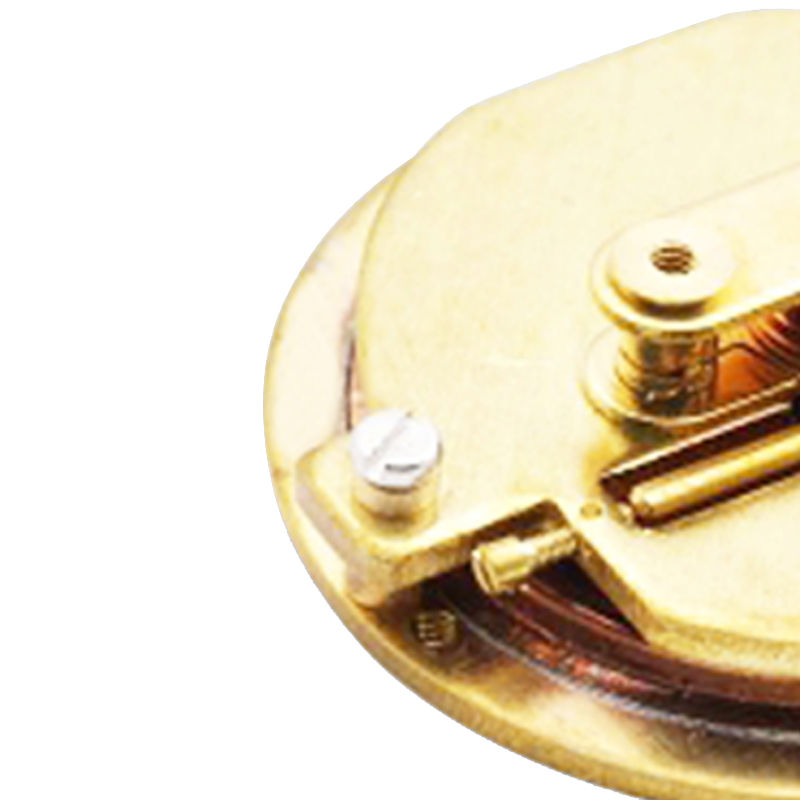
Dec . 04, 2024 11:29 Back to list
Piston-Type Differential Pressure Gauges for Reliable Industrial Applications and Maintenance
Understanding Piston-Style Differential Pressure Gauges Service and Applications
Piston-style differential pressure gauges are essential instruments widely used in various industrial applications to measure the pressure difference between two points in a system. Their reliability and accuracy make them a preferred choice, particularly in demanding environments like oil and gas, water treatment, and HVAC systems. This article delves into the functionality, advantages, and service considerations of piston-style differential pressure gauges.
How Piston-Style Differential Pressure Gauges Work
At the core of a piston-style differential pressure gauge is a piston mechanism that translates pressure changes into a readable output. When fluid flows through the gauge, it exerts pressure on one side of the piston. The opposing side receives the reference pressure, often atmospheric or another predefined value. The difference in pressures causes the piston to move, which in turn drives a pointer on a dial or sends an electronic signal to a digital display.
The gauge’s design allows for high precision in measurements, making them ideal for applications where even slight changes in pressure are significant. The robust construction of these gauges ensures durability in adverse conditions, further enhancing their reliability as monitoring tools.
Applications of Piston-Style Differential Pressure Gauges
Piston-style differential pressure gauges find applications across various sectors
1. Oil and Gas In the oil and gas industry, these gauges monitor the pressure differences in pipelines, ensuring efficient flow and detecting potential blockages. 2. Water Treatment The gauges are crucial in water treatment processes, where they help monitor filters and membranes, allowing operators to gauge when maintenance is needed based on pressure differentials.
3. HVAC Systems In heating, ventilation, and air conditioning systems, these gauges measure the pressure difference across filters and fan units. This data helps in maintaining optimal air quality and system efficiency.
4. Pharmaceuticals The pharmaceutical industry requires stringent monitoring of processes. Piston-style differential pressure gauges ensure that pressure levels remain within safe and effective limits throughout production.
Advantages of Piston-Style Differential Pressure Gauges
piston-style differential pressure gauges service

1. Accuracy and Precision Due to their mechanical design, piston-style gauges provide highly accurate readings, ensuring reliable data for critical processes.
2. Durability These gauges are built to withstand harsh conditions, such as extreme temperatures and harsh chemicals, making them suitable for industrial applications.
3. Low Maintenance With fewer moving parts compared to electronic gauges, piston-style differential pressure gauges require minimal maintenance, saving operational costs over time.
4. Wide Range They can measure very low to very high pressure differentials, making them versatile for various applications across different industries.
Service and Maintenance Considerations
Regular service and maintenance are vital to ensure the longevity and accuracy of piston-style differential pressure gauges. Here are some key considerations
1. Calibration Periodic calibration is essential to verify accuracy. Regular checks against known standards help identify any deviations that may affect performance.
2. Inspection Visual inspections should be conducted to detect signs of wear or damage. This includes checking for leaks at the seal points and ensuring that the piston moves freely.
3. Cleaning Depending on the environment, gauges may accumulate dirt or corrosion. Regular cleaning helps maintain proper functionality and prolongs the gauge's lifespan.
4. Training Ensuring that personnel are trained in proper usage and understanding of the gauge’s operational principles can prevent misuse and enhance service accuracy.
In conclusion, piston-style differential pressure gauges are invaluable tools across multiple industries, providing critical data for efficient and safe operations. Understanding their functionality, applications, and maintenance requirements is essential for maximizing their effectiveness and ensuring they meet the demanding standards of modern industrial processes.
-
High-Precision 5 Valve Manifold Differential Pressure Gauge Suppliers
NewsApr.29,2025
-
High-Precision Diaphragm Vacuum Pressure Gauges Manufacturers & Quotes
NewsApr.29,2025
-
Omega Differential Pressure Gauges High Accuracy & Durability
NewsApr.28,2025
-
Low Pressure Differential Pressure Gauges Precision Solutions & Quotes
NewsApr.28,2025
-
Digital Diaphragm Pressure Gaauge Precision Measurement & OEM Quotes
NewsApr.28,2025
-
Differential Pressure Gauge China Price High-Accuracy & Best Quotes
NewsApr.28,2025
